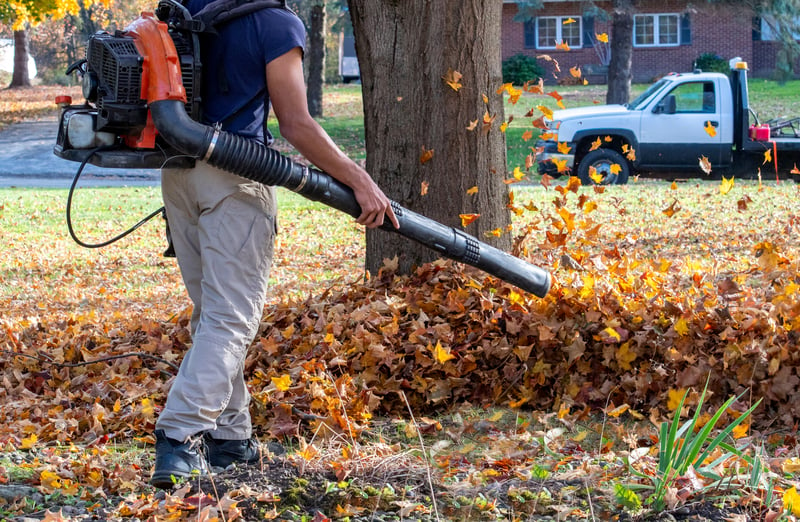Trenton, NJ — New Jersey Democrats and Governor Phil Murphy have proposed a ban on gas-powered leaf blowers, aimed at reducing noise and pollution. That new ban may pose significant challenges for residents outside urban areas. Suburban and rural homeowners, who typically have larger properties, may find electric leaf blowers less effective due to their generally lower power and shorter battery life than gas models and their sheer power and ability.
The financial impact is also a concern. New Jerseyans will have to take their old gas-powered blowers to the landfill because the law is also calling for an immediate ban on the use of gas-powered blowers.
Enforcement poses another challenge. Previous attempts in towns like Maplewood showed difficulties in ensuring compliance without strong enforcement strategies, which included heavy fines and anonymous reporting systems for violators. Will police patrol the neighborhoods for weekend weedwhackers and issue tickets? Will code enforcement put aside more pressing matters and become the leaf-blower police?
Another problem with the ban is that electric blowers are their lack of power when compared to gas blowers.
Corded Electric Leaf Blowers: These units are typically lighter and quieter than gas models. However, their mobility is limited by the length of the cord, which can also be cumbersome to manage while moving around large areas.
Battery-Operated Electric Leaf Blowers: These offer the advantage of cordless operation, providing greater mobility than their corded counterparts. The main limitation here is the battery life, which often lasts only 10 to 15 minutes before needing a recharge. Users frequently find it necessary to purchase higher-quality, separate batteries for extended use, as the stock batteries provided with the blower may not offer sufficient run time.
Gas Leaf Blowers: Known for their power, gas leaf blowers can handle large areas and tough debris more effectively and quickly than electric models. However, they are heavier and noisier, require regular refueling, and sometimes also need engine oil. Additionally, they emit smoke, contributing to air pollution, which is a significant drawback compared to electric models.
Each type of leaf blower has its benefits and drawbacks, and the choice often comes down to the specific requirements of the task and personal preferences regarding mobility, power, and environmental impact.
These factors suggest that while the environmental benefits of banning gas-powered leaf blowers are clear, the practical implications for those in less densely populated areas must be carefully considered to avoid undue burdens. Effective policy implementation would require addressing these challenges to meet the needs of all affected communities.
